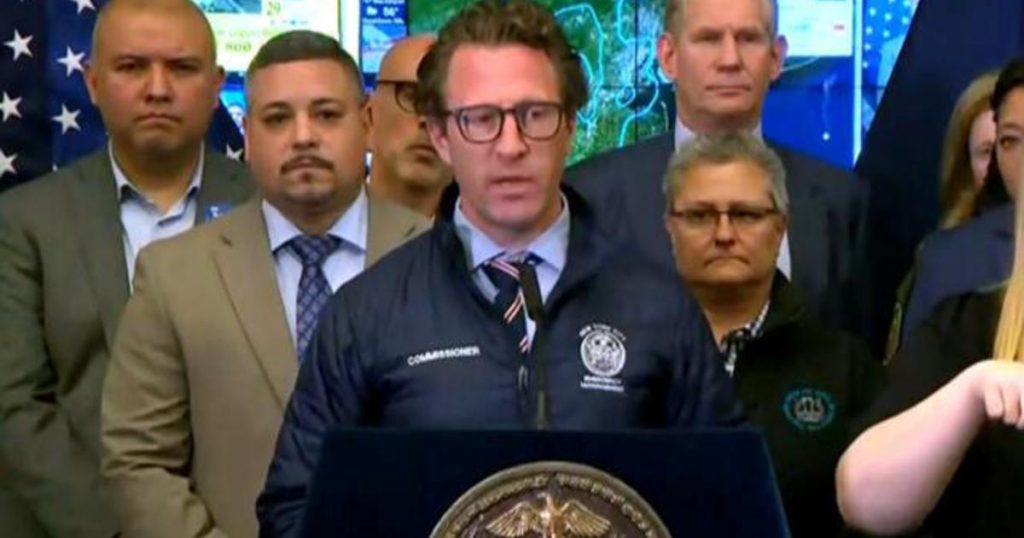On Friday, New York City experienced one of the biggest earthquakes to hit the Northeast, which led to aftershocks in parts of New Jersey and New York on Saturday. This natural disaster caught city officials off-guard and raised concerns about their response to the earthquake. Criticism quickly mounted as residents and officials questioned the preparedness and effectiveness of the city’s response to such an unexpected event.
The earthquake not only caused physical damage but also highlighted potential weaknesses in New York City’s emergency response systems. As aftershocks continued, residents and officials alike expressed frustration over the lack of information and assistance provided in the aftermath of the earthquake. Many felt that the city was ill-prepared to handle such a significant seismic event, which raised concerns about the city’s ability to respond effectively to future disasters.
Officials in New York City faced mounting pressure to address the criticism and improve their response protocols for future emergencies. The unprecedented earthquake served as a wake-up call for city officials to reassess their emergency preparedness plans and ensure that they have adequate measures in place to protect residents in the event of a natural disaster. The public scrutiny also prompted calls for increased funding and resources to bolster the city’s emergency response capabilities.
In the wake of the earthquake, New York City officials began to review their response efforts and address the shortcomings that were highlighted by the natural disaster. This included identifying areas for improvement in communication, coordination, and overall emergency preparedness. City officials acknowledged the need for a comprehensive review of their response protocols and committed to implementing changes to better protect residents in the future.
Despite the criticism and challenges faced in the aftermath of the earthquake, New York City officials remained committed to ensuring the safety and well-being of residents. The city’s response to the earthquake served as a learning experience that underscored the importance of being prepared for unexpected events. Moving forward, officials worked to strengthen their emergency response capabilities and ensure that they are better equipped to handle similar disasters in the future.
Overall, the earthquake in New York City highlighted the need for improved emergency preparedness and response protocols to effectively address natural disasters. The criticism faced by city officials served as a catalyst for change and prompted a reevaluation of the city’s emergency response efforts. While the earthquake caught some off-guard, it also provided an opportunity for New York City to enhance its readiness for future emergencies and prioritize the safety of residents.















